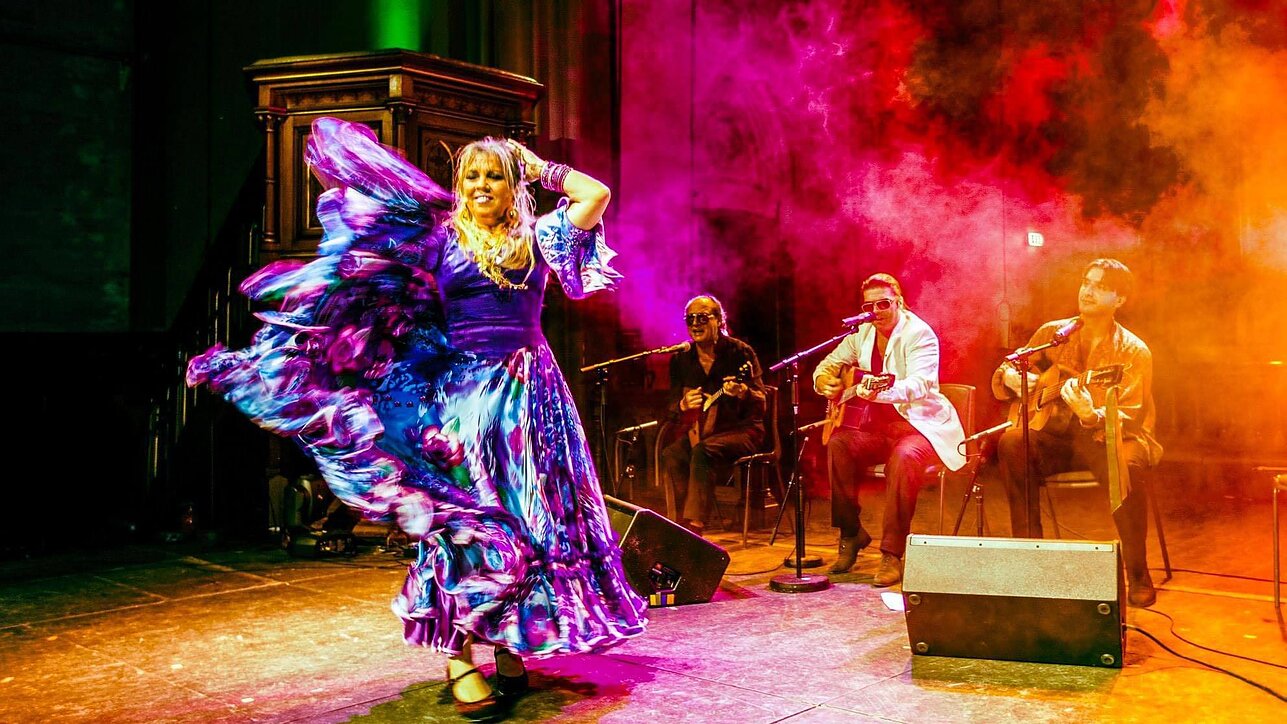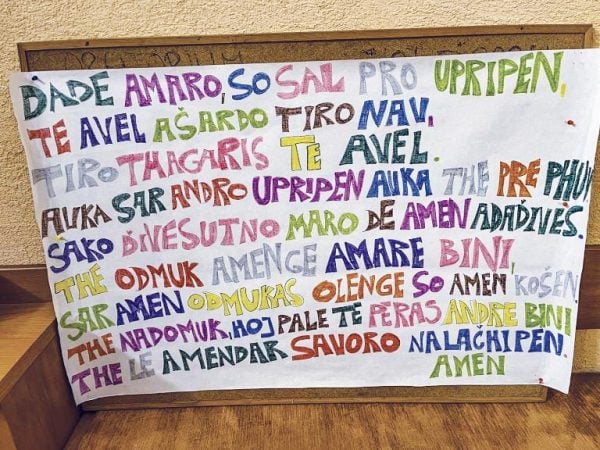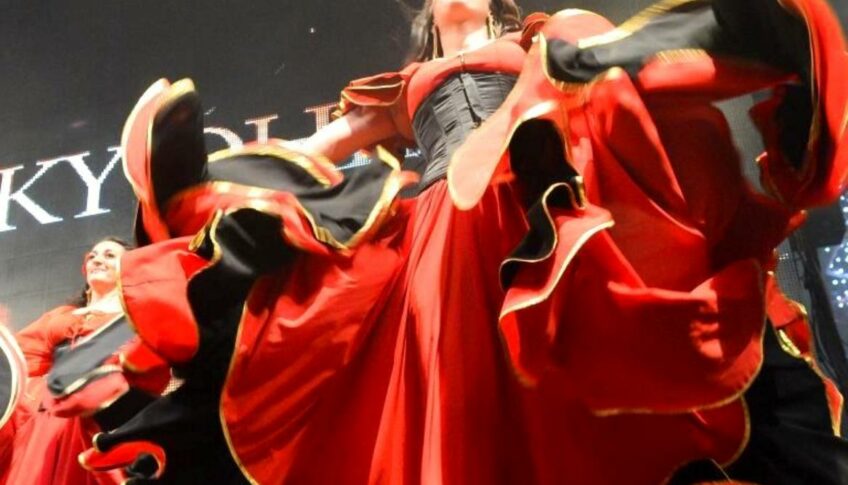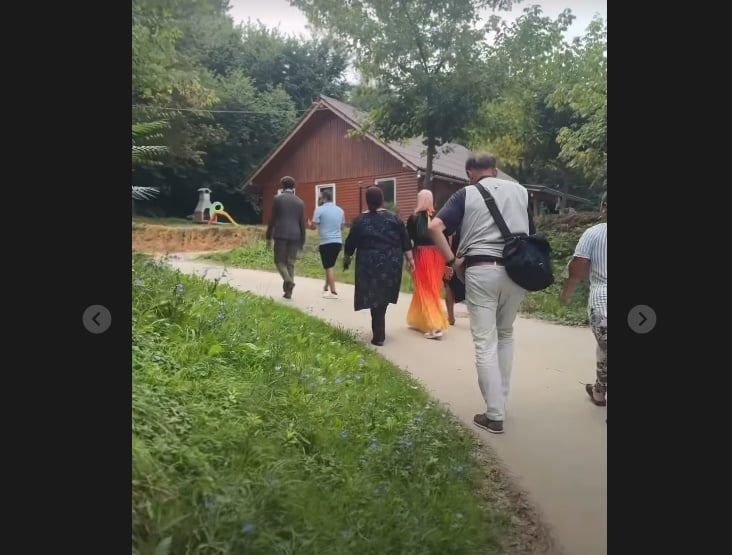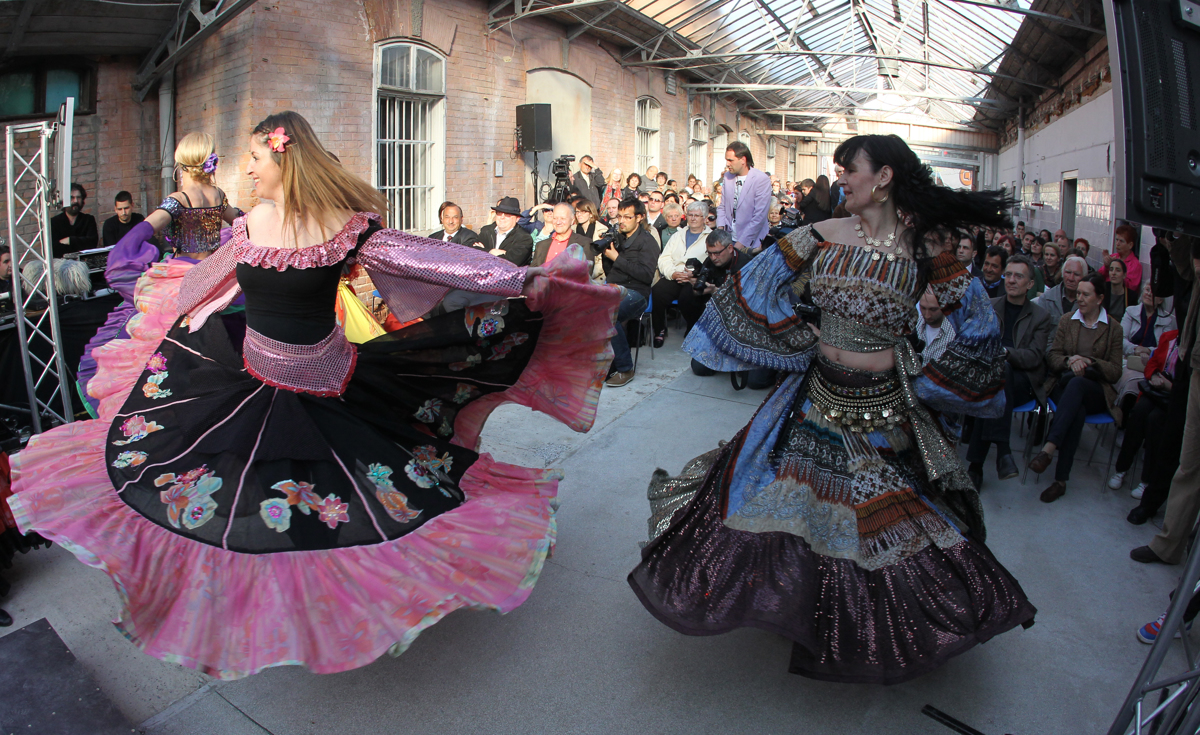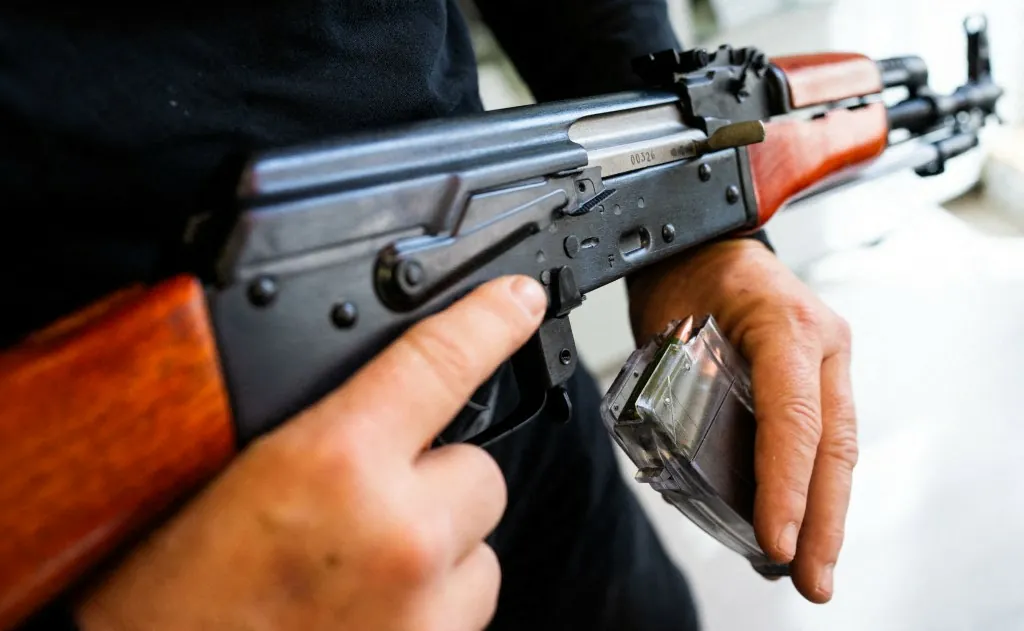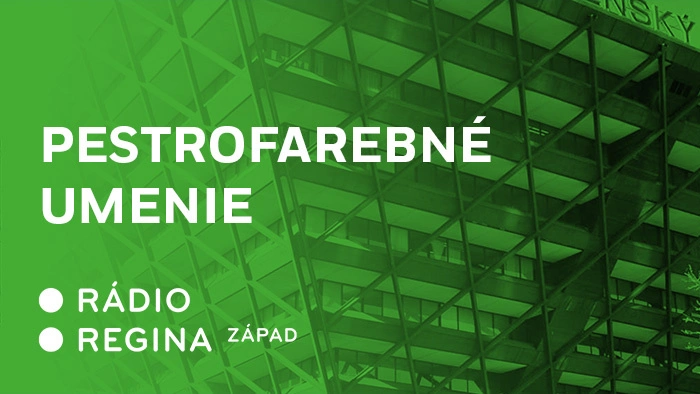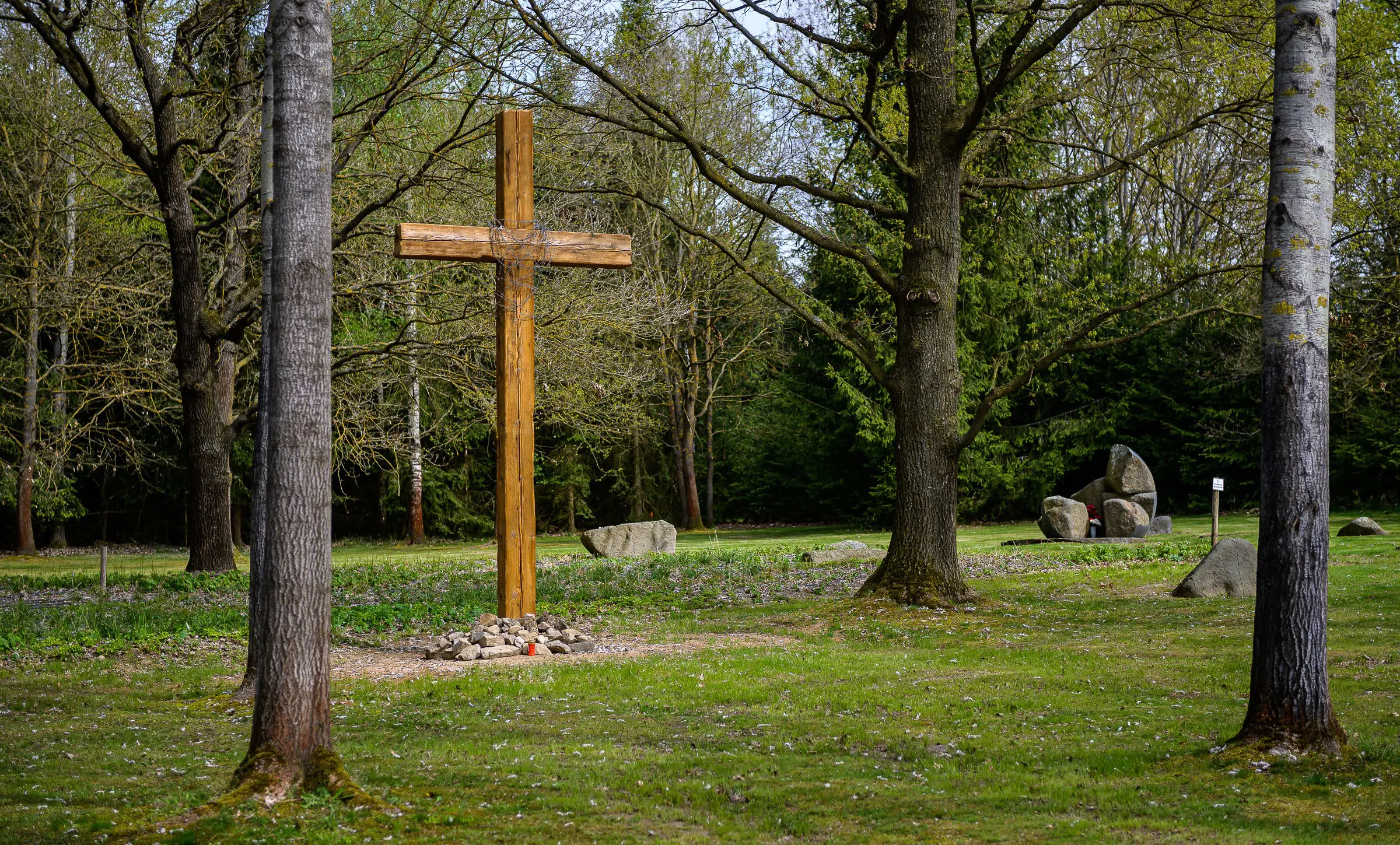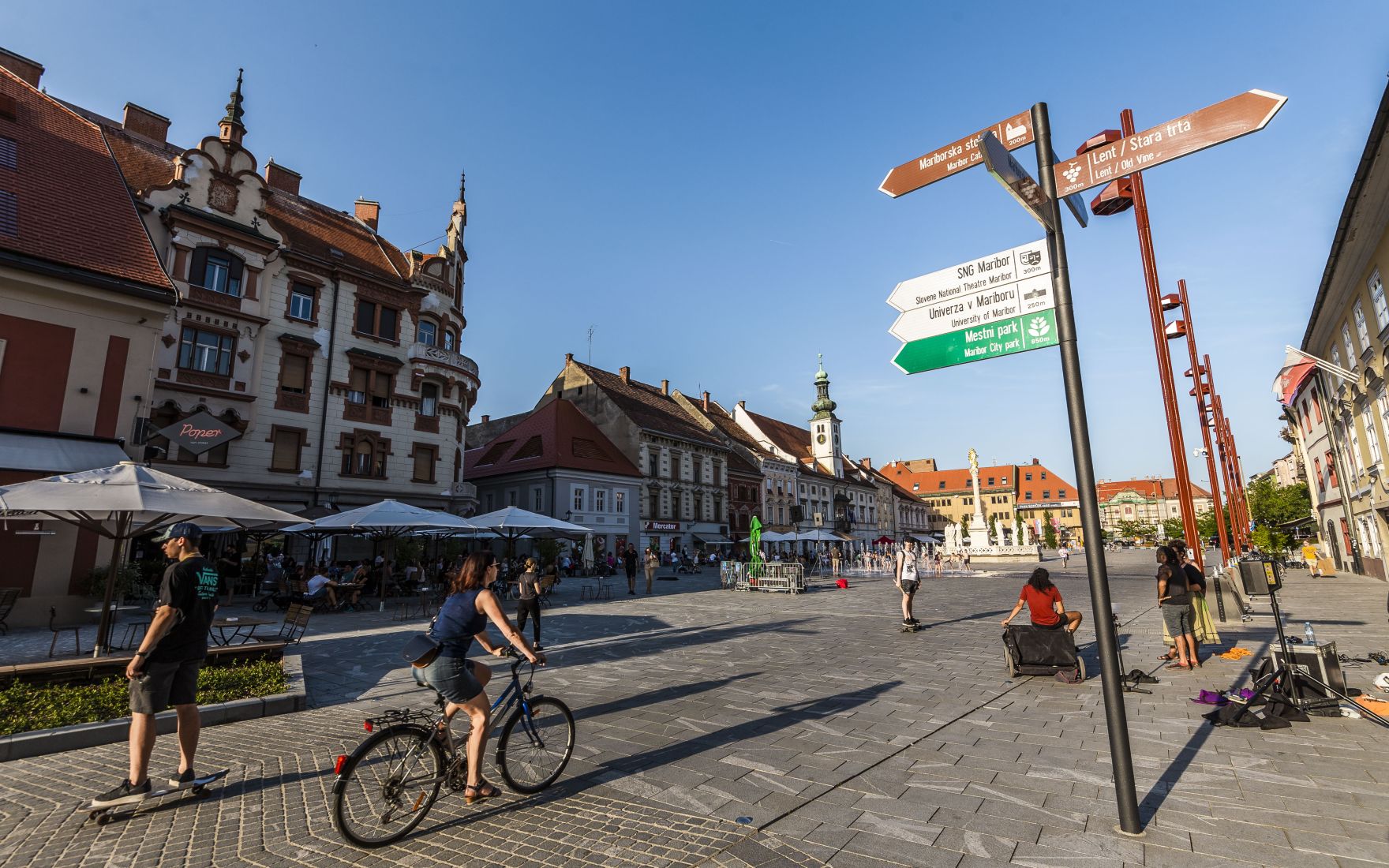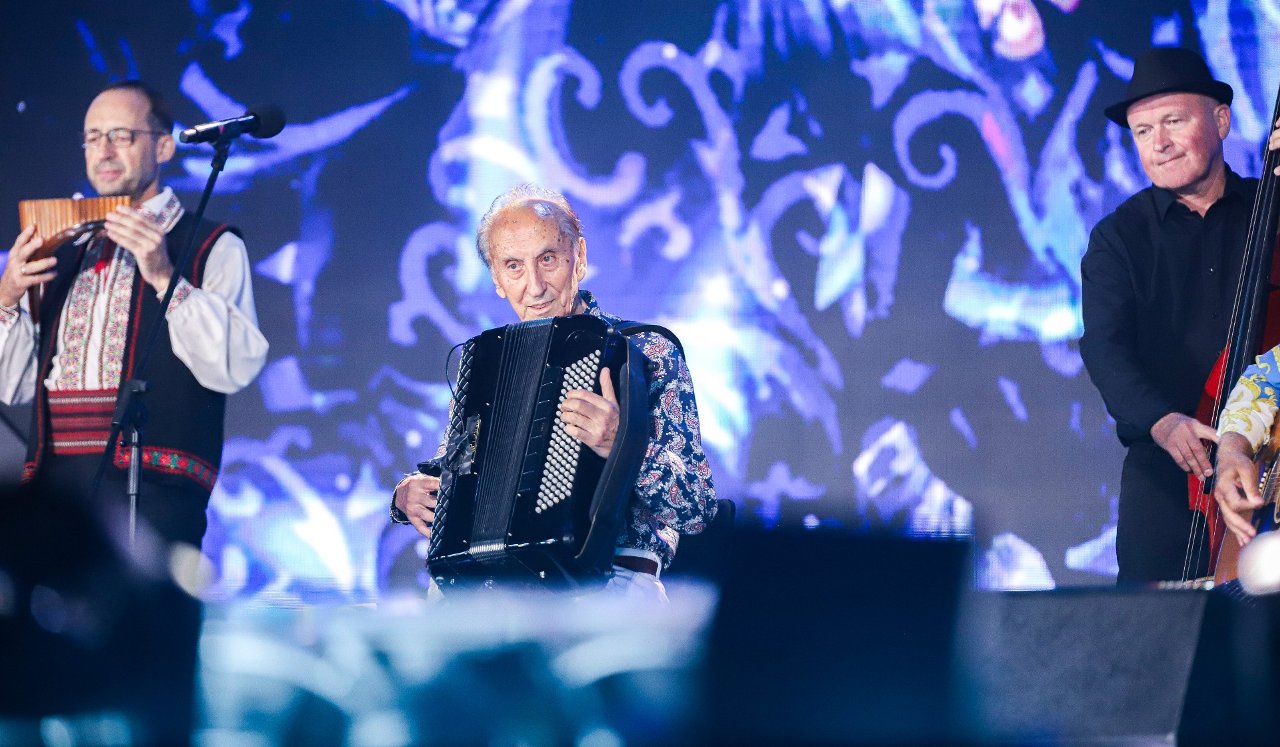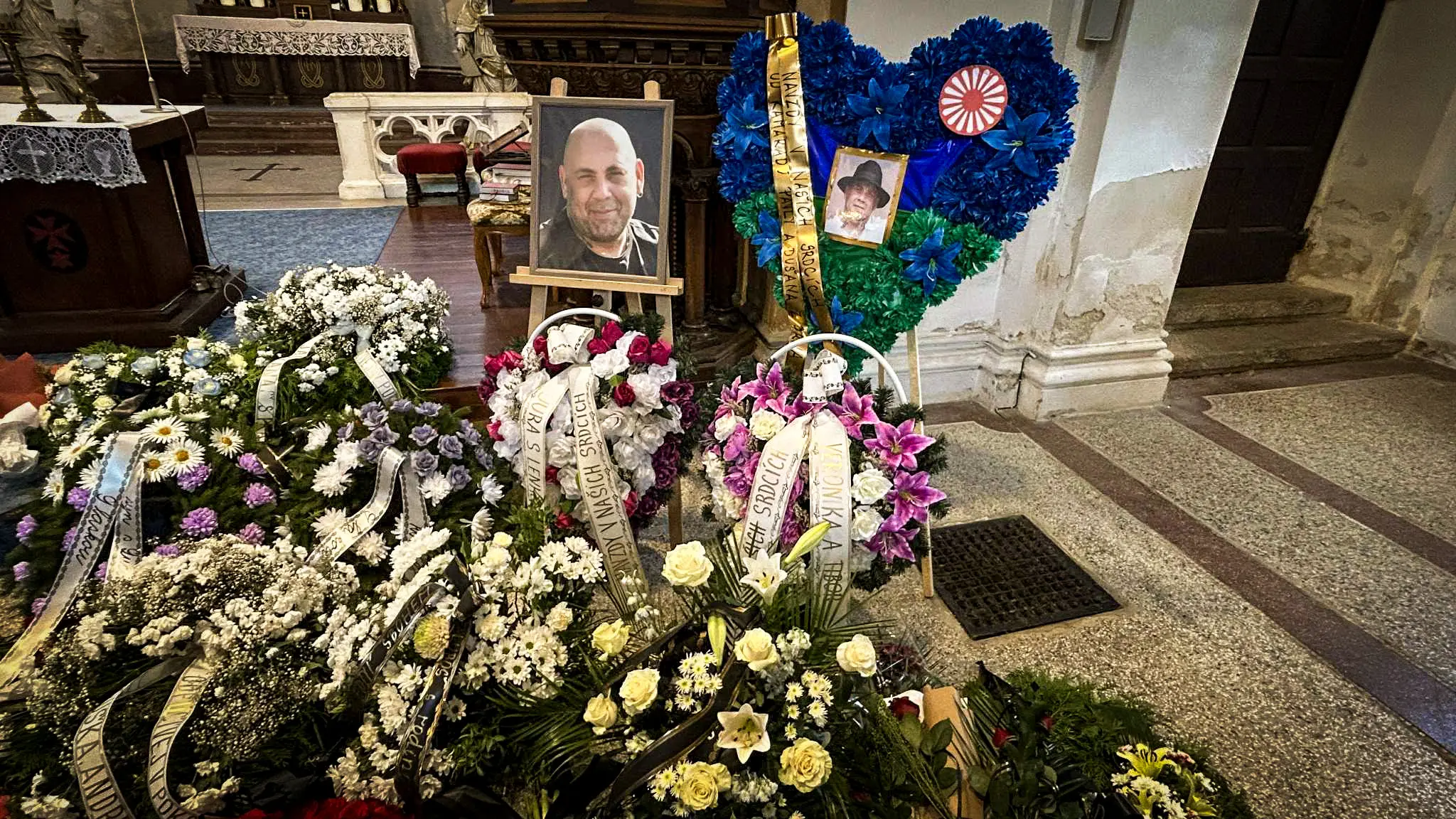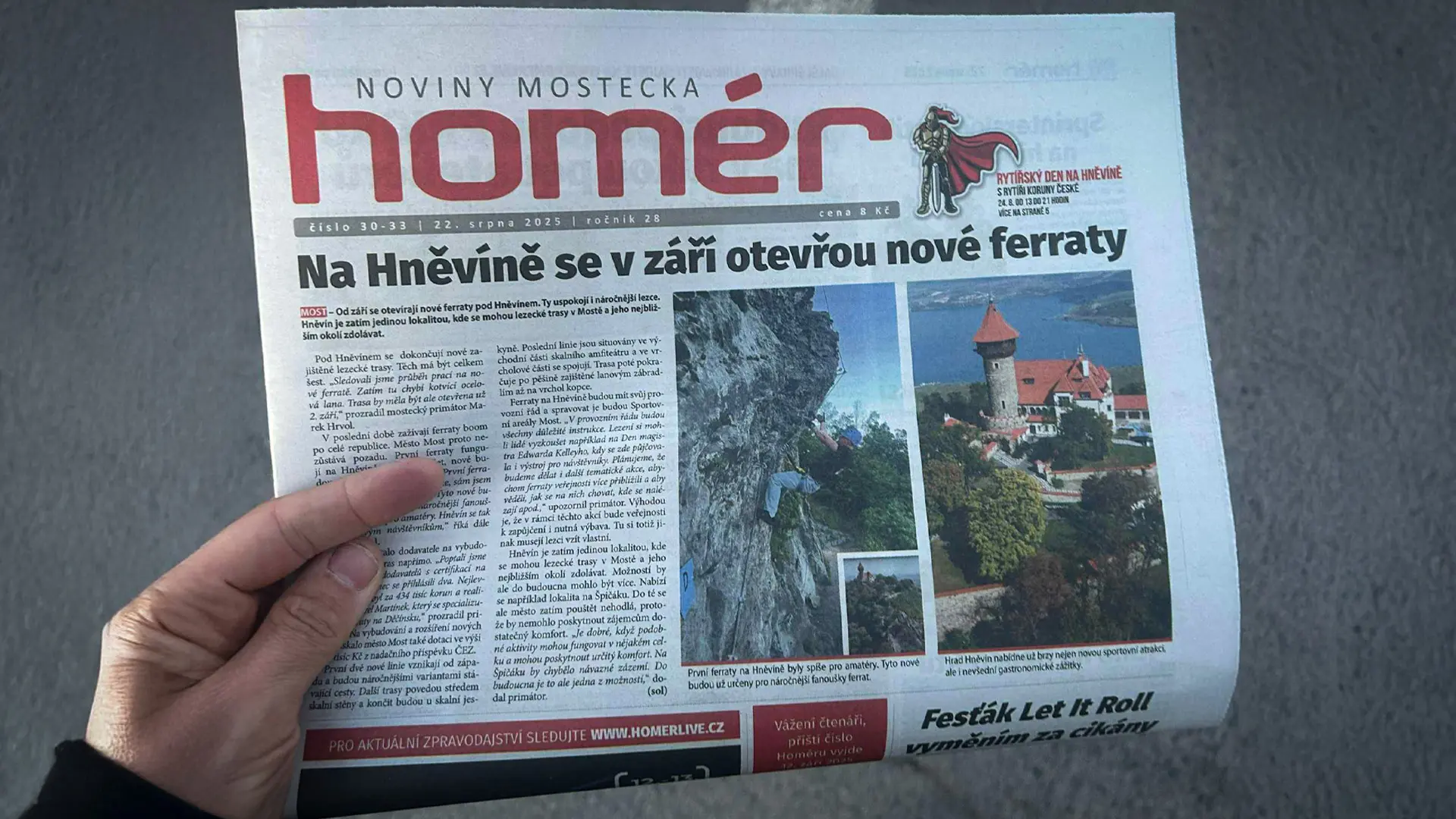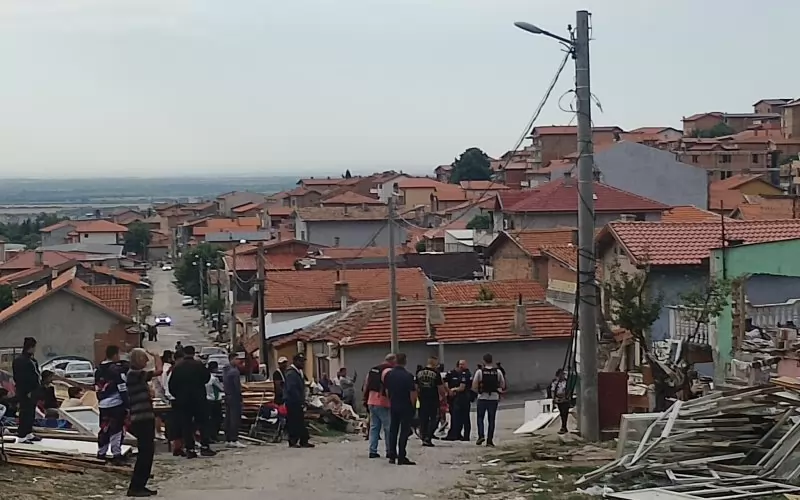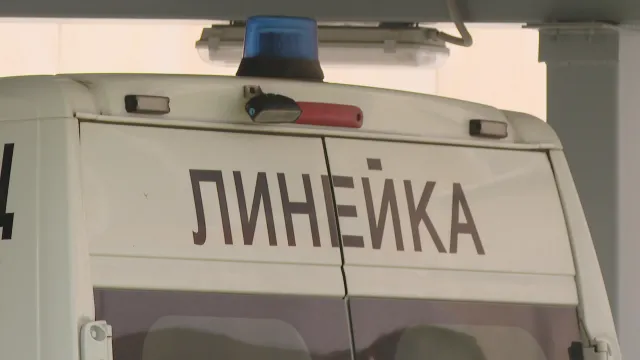The “work instead of benefits” initiative is coming into practice as announced by the Minister of Labour, Social Affairs and Family Erik Tomáš (Hlas-SD) at a press conference in Poprad. According to the new law, if a person who can work rejects a suitable job offer from the labour office, he or she will lose material needs benefit or they will be reduced.
“If such a person rejects a job offer for the first time, his benefit will be withdrawn for one month, if he does it again, his benefit will be reduced for three months. This process will be repeated cyclically until the person accepts a job offer. Violation of work discipline will also be considered a reason for withdrawing the benefit. There will no longer be speculation with fake PNs,” Tomáš explained.
It is geared against Roma who are labelled as social services abusers …

